“Between the stimulus and response, there is a space and in that space lies our freedom and power to choose our response. In our response lies our growth .” – Viktor Frankl Having survived the concentration camps during World War II, Viktor Frankl wrote his renowned book Man’s Search for Meaning in 1946. He asks the fundamental question “What is the meaning of life ?” The answer, he says, does not lie in theories on life or in meditative thoughts. The meaning is crafted by our conduct. When we ask what life expects from us rather than what we expect …
Category: Culture
Think for yourself and let others enjoy the privilege of doing so too. – Voltaire Tolerance (tolerantia in latin) is defined as the attitude of someone who accepts in others ways of thinking and living different from their own. It is considered a virtue, a moral obligation which involves respect and consideration for the other person. “ Free from bigotry, allowing different races, religions, practices, and opinions to co-exist, it is a pragmatic formula for the functioning of society, ” writes Hans Oberdiek in Tolerance: Forbearance and Acceptance. A century ago, Einstein (1879-1955), said in foresight : “ Laws alone …
Ten generations after Adam, the Earth was corrupt, filled with violence. Evil spread more than ever. Humankind believed in idols who were busy building their fortune; religion was deviated and truth was twisted. Wanting to stop this dark course, God chose a righteous man, Noah, to guide people to the right path. Noah called people to partake in true knowledge, and warned them against the coming evil. A few among them heeded, while others did not want to believe that Noah was the messenger of God who spoke the truth. They mocked him and even tried to persecute him. God …
In the pious wheel of time, Persephonē Περσεφόνη, the daughter of Zeus and Demeter represents the gush of spring when seeds sprout from the ground and the earth blooms in abundance. Holding a sheaf of wheat in her hand, she is identified as the spring goddess in Greek mythology. Plato calls her Pherepapha (Φερέπαφα) in his work Cratylus because “she is wise and touches that which is in motion”. Persephone was the only daughter of Demeter – the goddess of the harvest and all the vegetation on earth. At a young age, she was abducted by Hades, who desired her …
To love beauty is to see the light. The renown French author Victor Hugo (1802-1885) reflected on the bliss of beauty that strikes the eye, and said : To love beauty is to see light. Nearly a century after Victor Hugo, Yuri Gagarin (1934-1968), the first man who traveled to space in 1961, expressed in awe as he gazed across the cosmos : Rays were blazing through the atmosphere of the earth, the horizon became bright orange, gradually passing into all colors of the rainbow: from light blue to dark blue, to violet and then to black. What an indescribable …
The patron saint of ecology, Francis d’Assisi’s love of nature, and new ways of living together set forth by the eminent neuropsychiatrist Boris Cyrulnik Living in times of an unstoppable disease pervading the earth, it has become imperative to peruse our fragile relation with nature, and to collectively revive our old values says the eminent neuropsychiatrist Boris Cyrulnik : Crises are very common in the human condition. We have already known many epidemics which have forced cultural revolutions… With each epidemic, or natural disaster, there has been a cultural change. After the trauma, we are forced to discover new …
Where the spirit does not work with the hand, there is no art. The exceptional artist and polymath, Leonardo da Vinci (1452-1519), driven by his rigorous quest for knowing the human body, spirit, and its place in the universe, dedicated his life to display his findings through art. His gift for art along with his profound knowledge in anatomy, botany, mathematics, engineering and physics are reflected in the corpus of his work. He always carried a notebook in which he drew his sharp observations with precision and artistic mastery. His scientific findings and aesthetic conceptions are preserved in nearly …
The myth has it that long long time ago, a big contest was going to be held for winning the patronage of the city of Athens and its surrounding territory, Attica. The contest was to take place under the presiding witness of King Cecrops, the founder of Athens. The crowd gathered at the Temple of Parthenon which rose on the rocky hilltop overlooking the city of Athens. The two candidates of the glorious contest were Athena, the goddess of justice, wisdom and war skills, and Poseidon, the god of the seas. To win the guardianship of the city, Athena and …
“We are obliged to change and rethink the whole civilization,” says Boris Cyrulnik, the eminent neuropsychiatrist known for his work on resilience and trauma. Our culture has lost the compass, we navigate by sight, jostled by events […] We must take a new direction because we have just understood that man is not above nature, he is in nature. Physically, psychologically and spiritually we are much more sculpted than we think by our natural space. He focuses on healing the soul in his latest book, Souls and Seasons, and marks “psychological ecology” as the crucial component of the remedy …
“We are routine beings, and arguably even more so at this time. And this is normal, although our brain likes to be surprised, it needs routine to avoid overheating, ” states Valentin Wyart, the acclaimed neuroscientist of École Normale Supérieure of France. Even more so nowadays, the routine allows us to structure ourselves when we have just spent a highly unstructured year with difficulties in planning. He affirms the restorative quality of routine in one’s daily life : These routines that we put in place allow at least the projection in the very short term: knowing what we are going …



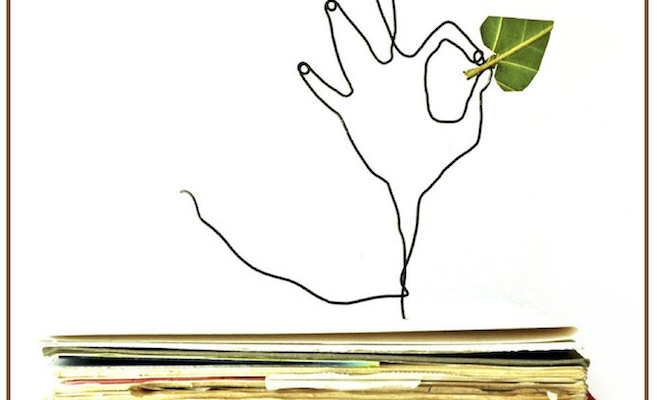
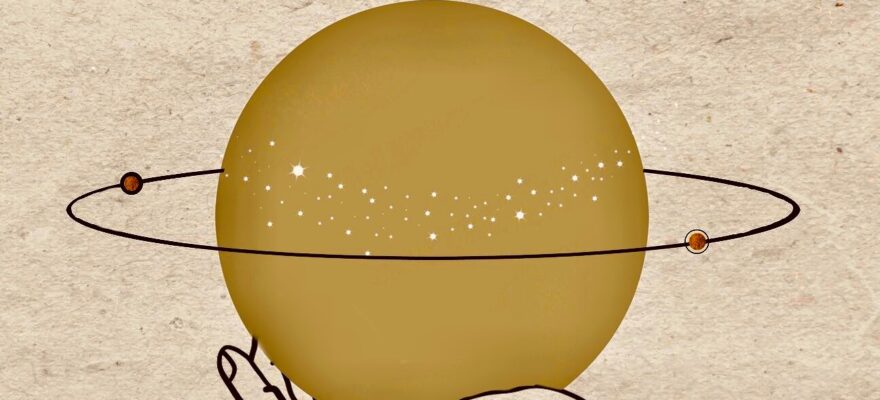
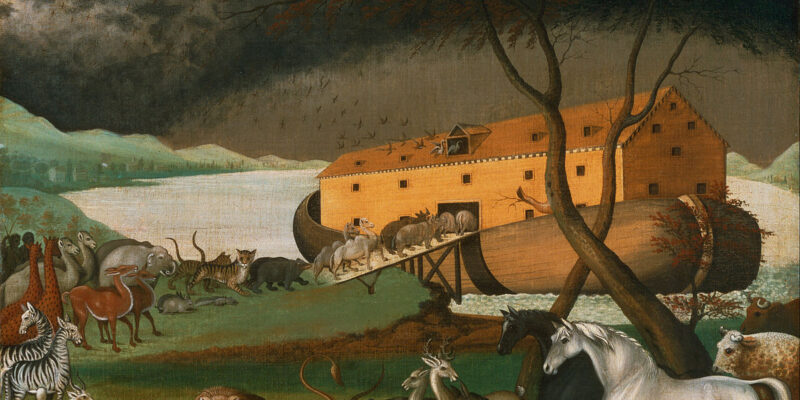
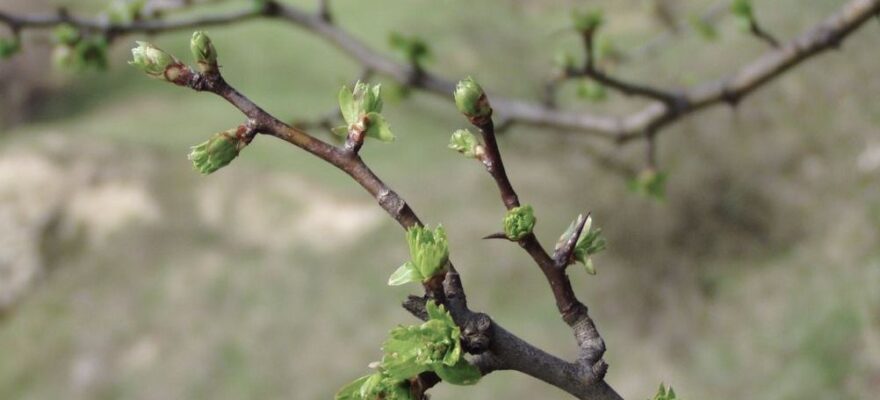
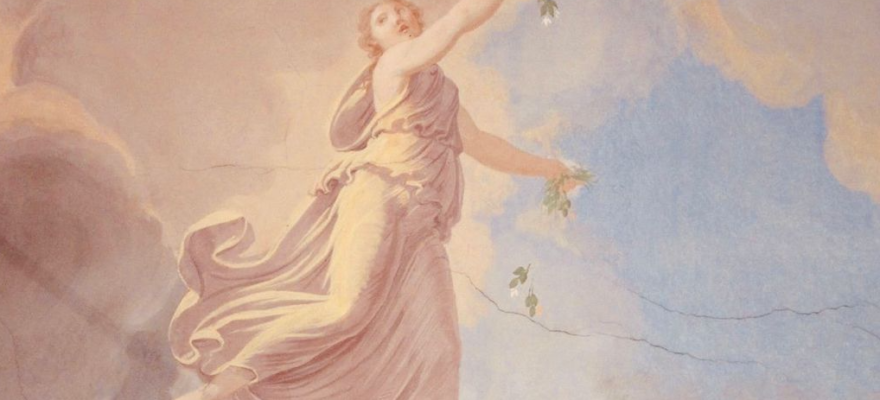
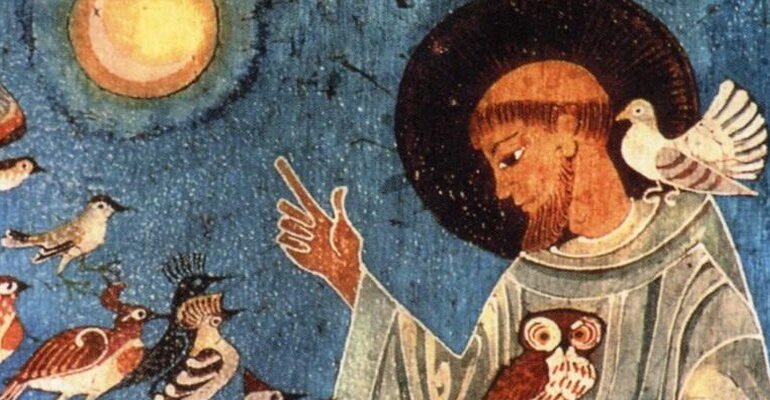
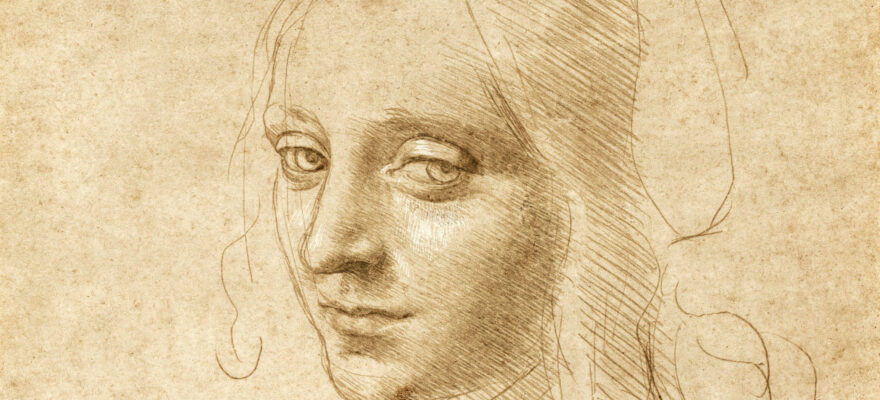
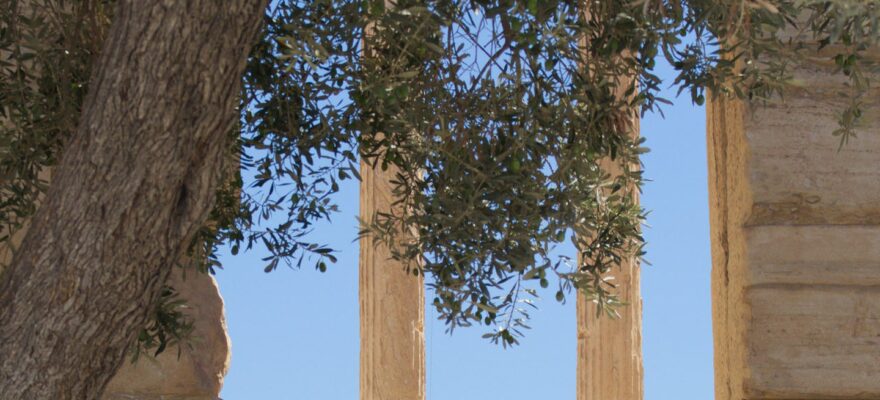
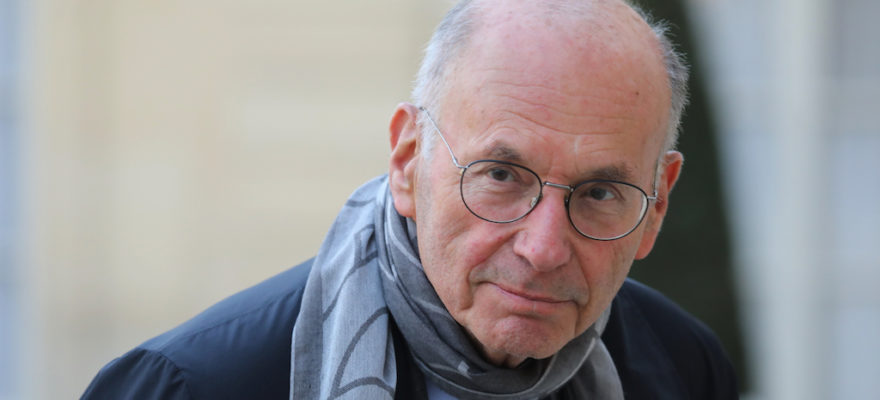






Social Profiles